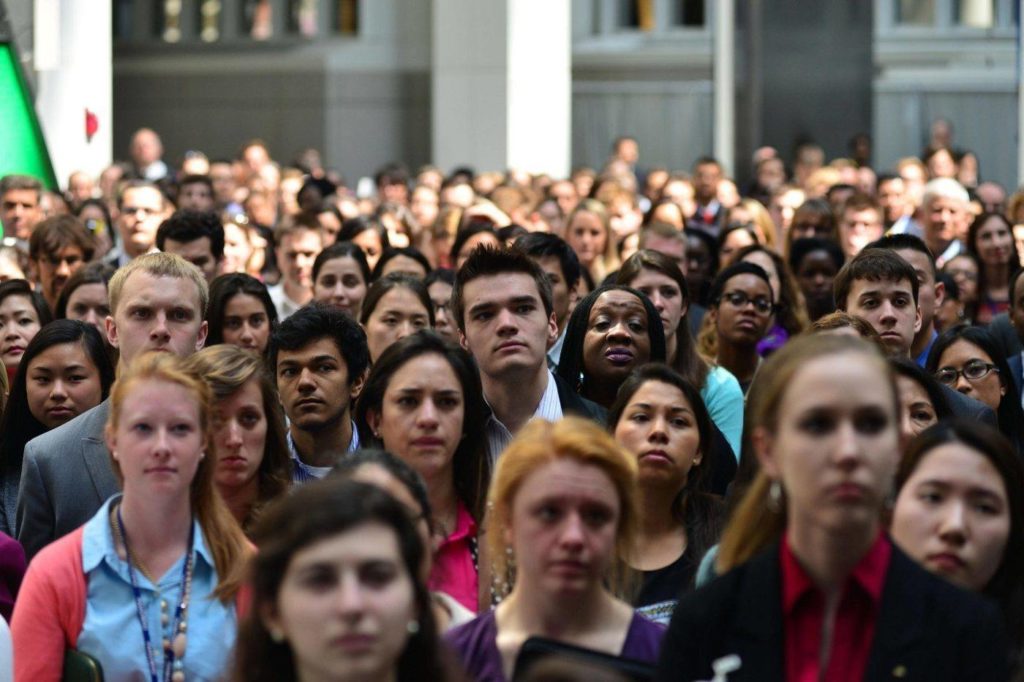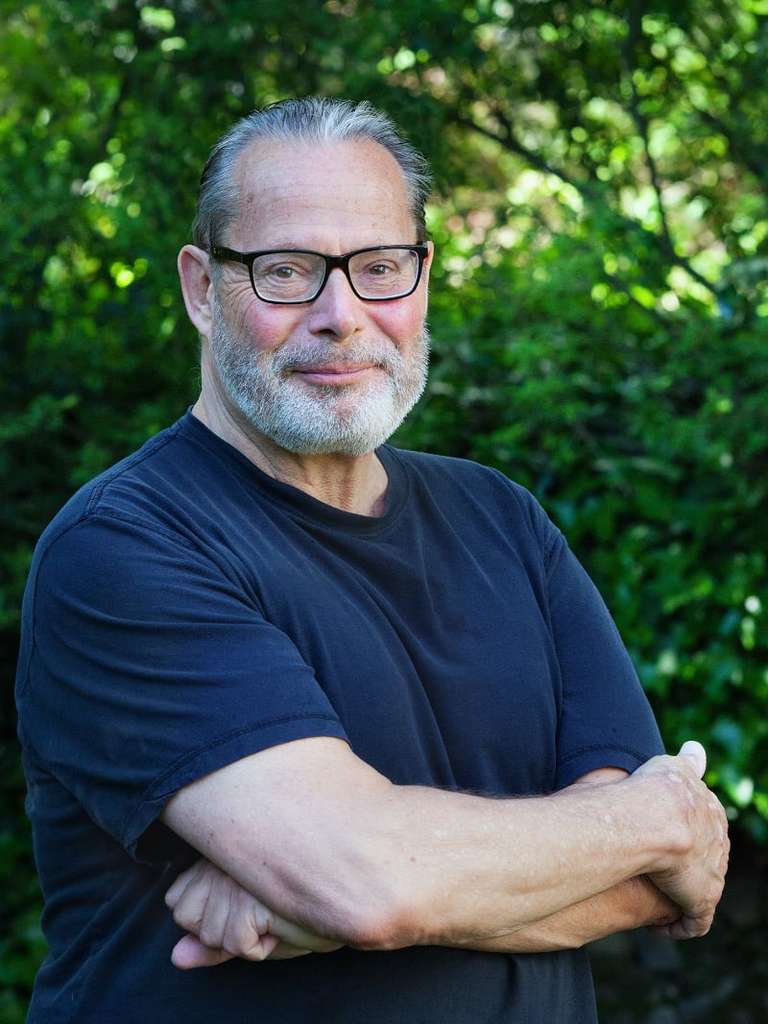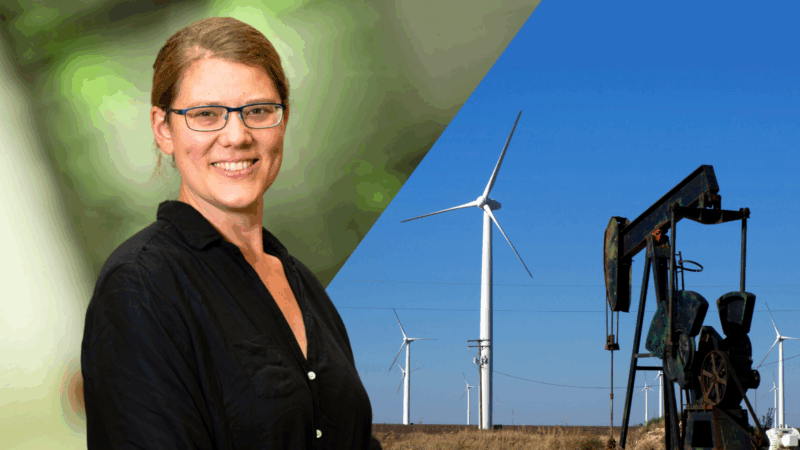
College kids: What will their lives be like?
I just finished my first year at UCLA, where I got to know eight graduating seniors quite well. I now feel that “youth as our hope” platitudes have merit. That…
It’s easy to be trite when describing young people, falling back on clichés like “students are the hope of the future.”
I just finished my first year at UCLA, where I got to know eight graduating seniors quite well. I now feel that “youth as our hope” platitudes have merit. That begs a question: What might their lives be like? We all know there is angst among our graduates about jobs, and about the uncertain economic and political future of the world. But what are some things we can expect for this season’s college graduates that will distinguish their generation?
For starters, their lives will be very long. About half will live to 100, according to research summarized in a book published earlier this month.
Think about that for a minute. In the 19th century there were only two life stages: child and adult. The 20th century saw the addition of two stages that had never before existed: teenager and retiree. Yes, teenagers were a twentieth century invention. We have since added the boomerang life stage, where graduating young adults return home. Instead of living alone or with a spouse, residing with parents has become the predominant arrangement for young adults ages 18-to-34 in the United States.
Even after the boomerangers move out, they’ll likely add a few more life stages before reaching a century. Retiring at 65 when you live to 100 does not add up. This generation can look forward to multiple jobs and perhaps even multiple careers after they turn 65. We’ll call them “second chancers.” Foolish mistakes will already have been made, and a longer life expectancy will allow pursuit of activities that are impossible earlier in life, when career choices are constrained by the need to build capital assets and raise a family.
And long before they reach 65, today’s college kids will work for far more employers than their parents did. Today’s 20-somethings average 2.85 different jobs in the first five years after college. As recently as the late 1980s, that number was just 1.6.
Artificial intelligence will probably replace routine cognitive jobs and perhaps, through deep learning, even some non-routine cognitive jobs. Jobs requiring a human touch—nurses, teaching assistants and care workers—will remain, and are already on the rise. Computer automation may not cause a net loss in jobs, but it will certainly re-allocate jobs and require workers to learn new skills.
Society will likely look quite different. Who knows what changes today’s college graduates will see? Already they have been part of one of the most surprising and rapid social revolutions ever: views on same sex marriage shifted from broad rejection to broad acceptance in less than ten years.
When it comes to the environment, I am convinced that today’s graduates will wean us off fossil fuels and bend the emissions curve downward. Young Americans take global warming seriously, support emissions control and believe that rich countries should do more than developing countries to address the climate problem. This stands in stark contrast to the 50-plus year-old sector of the population. Youth will prevail.
After young adults address the global threat of climate change, they will be left with a slew of new environmental problems. Instead of fossil fuels and smokestacks blatantly spewing carbon dioxide and particulate matter, tomorrow’s environmental challenges will include emerging chemical threats that may catch us by surprise. A good example is sunscreen, which we have all been told to slather all over our bodies whenever we venture outside. Recent research makes it clear that our use of sunscreen in places like Hawaii is killing local reefs. And humans are affected, too. We readily absorb even small amounts of certain ultraviolet filters—most notably oxybenzone. Shortly after application, it can be found in our bloodstream and even in mother’s milk. Oxybenzone is an endocrine disruptor, so there is cause for concern for our own health as well for the coral reefs.
On the positive side, driverless cars will allow today’s graduates to replace frustrating time wasted in traffic jams with productive work, creativity and social engagement.
The pace of change is accelerating by almost every measure, making it impossible to foresee what things will be like for the class of 2016 when they attend graduation ceremonies for their own sons and daughters. We do know that networking trumps hierarchy when it comes to responding to rapid change. Today’s college graduates use social networks deftly and spurn hierarchy. I am convinced our recent graduates will do well in their hundred-year lives, as the world changes around them and because of them.




